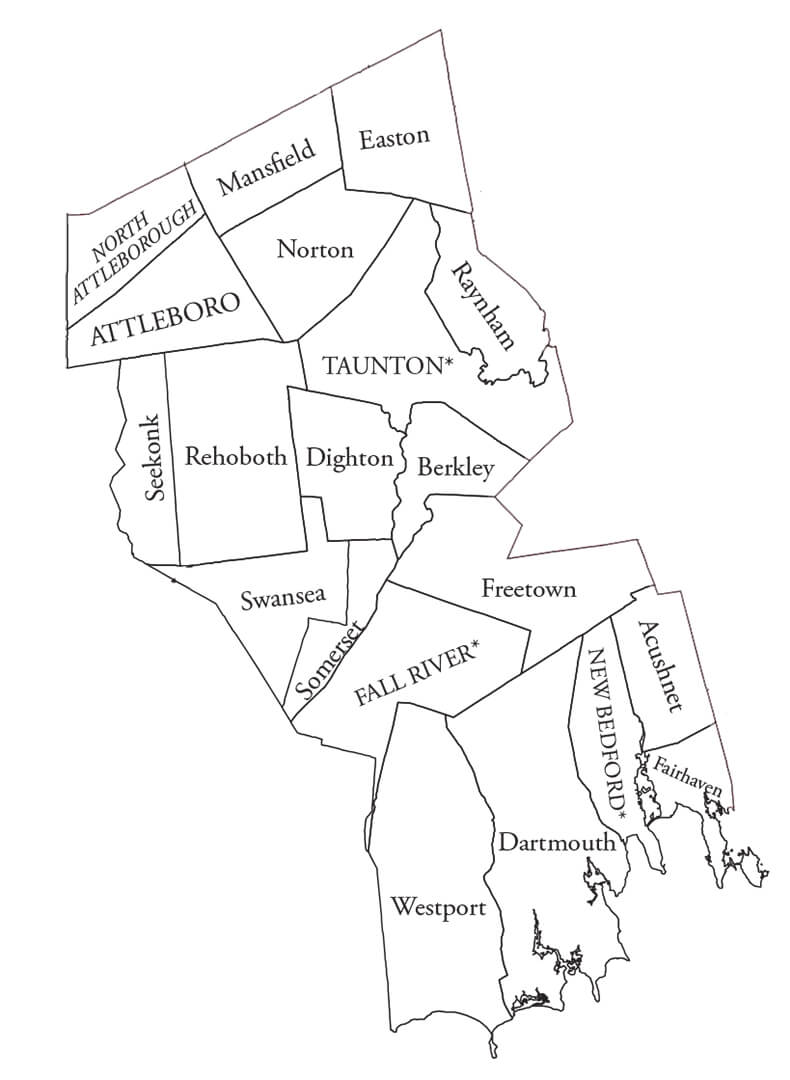
County Government Tidbits : What does a County Commissioner do?
Since the most frequently asked question I get when I introduce myself as a County Commissioner is, “What does a County Commissioner do?”, we will be posting from time to time information on Bristol County Government and county government in Massachusetts in general. So I think the best place to start is to follow the money. We’ll discuss here how the county government budget is funded. This year, the COUNTY BUDGET is $34.4 million. It’s pretty much evenly split between the cost of county government and its administration, and the Agricultural High School.
The county budget is funded, like most local budgets, from many sources of revenue, but ours is substantially made up from the following streams of revenue. Some $7.5 million this year will come from the COUNTY TAX. The county tax is an assessment to each of the cities and towns in Bristol County, which is established by statute and state administration, and which can only increase per community by 2.5% per year. The assessment is based on population, property valuation, and other factors, which is then established and sent to each of the cities and towns by the Commonwealth.
Another source of substantial funding is our REGISTRY OF DEEDS. We are fortunate to have three very capable and dedicated Registers of Deeds. In the Taunton District, we have Barry Amaral, whose area is the largest and includes a satellite office in Attleboro, and in Fall River, we have long-serving and just recently re-elected (Congratulations BJ!) Register BJ McDonald. In New Bedford, we have Sherri Lynn Mello, who has done an outstanding job in the few years that she has been the Register in New Bedford, and has relied on her many years of experience as a registry employee, moving up the ranks until she was appointed Register.
The proceeds we get from the Registry of Deeds include deeds and excise taxes established by the state, and registry stamp fees. These are all charges set by state law, and the money is split in an uneven manner between the county, the registries, and the state. The state gets the bulk of the money, but with both the registries and the county government receiving a portion, it is a substantial assistance to our funding.
The funds also include postage, internet charges, and related receipts from our hardworking registries. BRISTOL AGGIE HIGH SCHOOL is also a source of its own revenue. Like all public school districts in Massachusetts, the Aggie receives Chapter 70 funds, just as any local school district receives. This is a substantial source of support for the Aggie, as is expenses for transportation and related costs. The school budget has increased over the last several years with the increase in enrollment from
approximately 450 students to some 640, and of course the increase in campus layout, with the addition of new buildings and the renovation of existing buildings. However, we have been able to handle this increase.
There are other sources of revenue, somewhat clever, such as the school receives money from the products it sells, like milk and other agricultural products, and there are other funds received from the rental of buildings. A significant source of money does come from the Commonwealth for renting our court house buildings, an arrangement that varies building by building.
So that’s where the money comes from. In future tidbits, we’ll talk about how the money is spent, the powers of county government….
